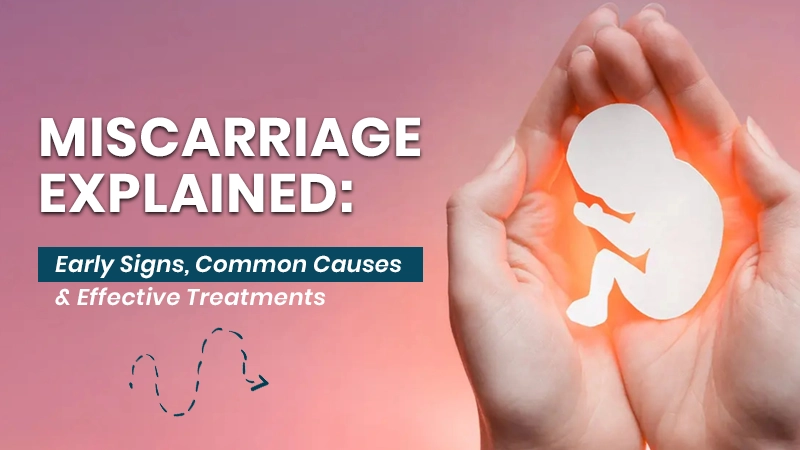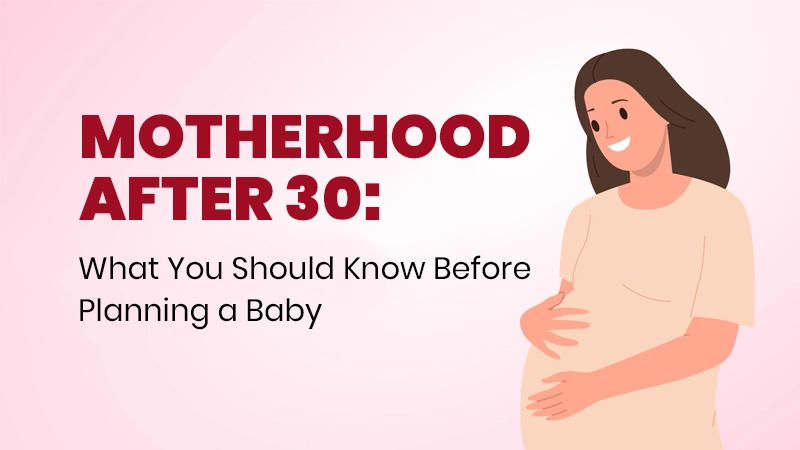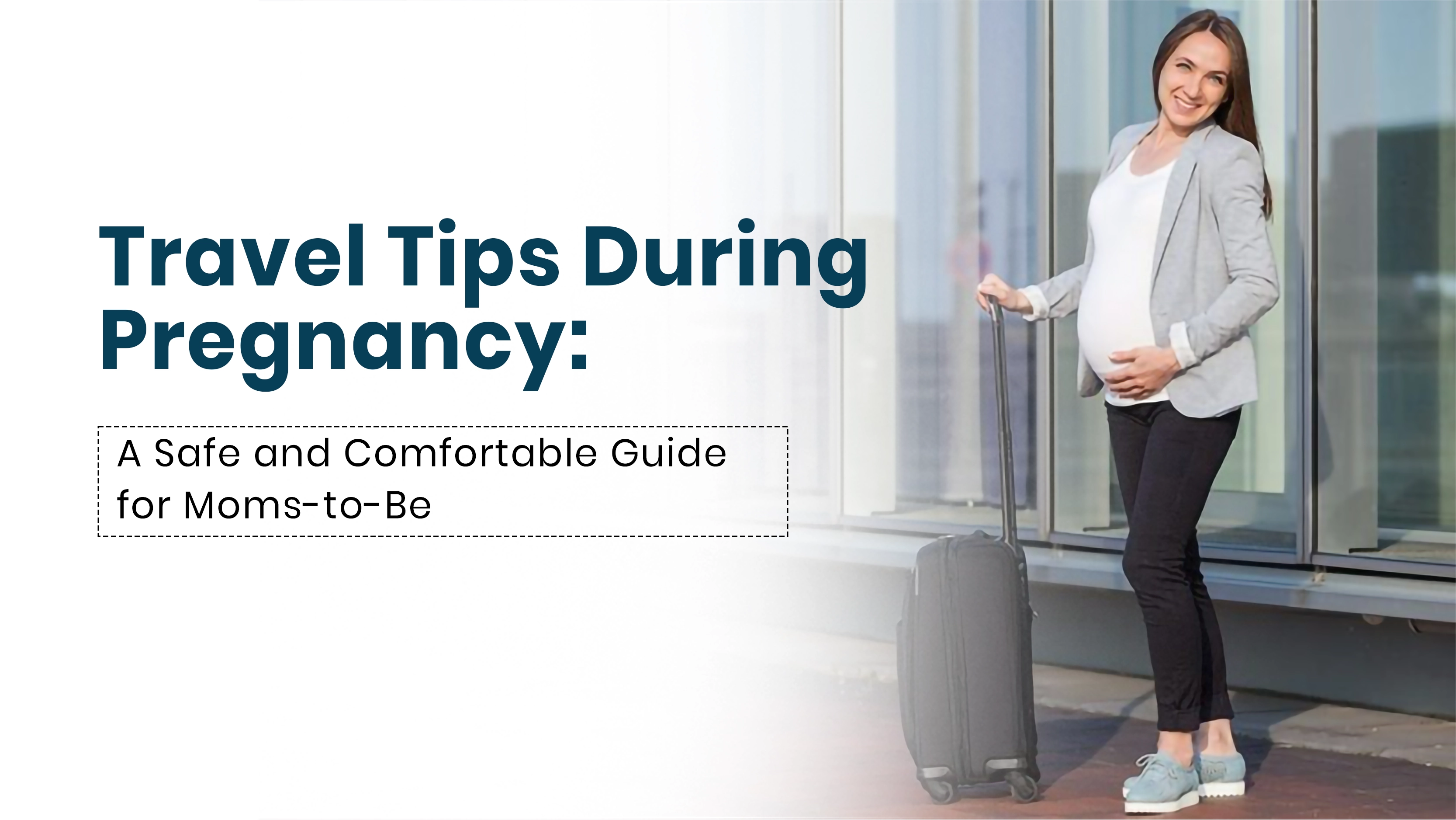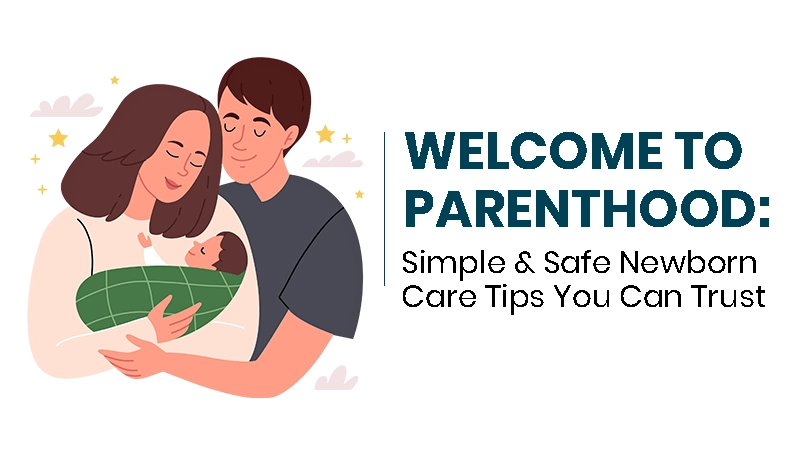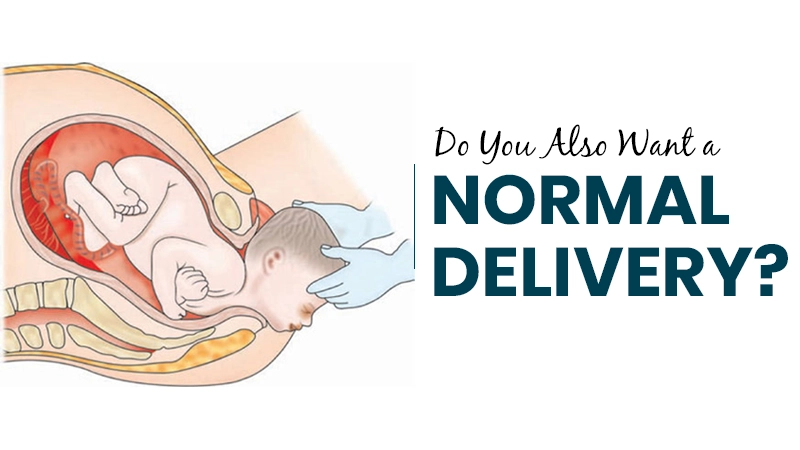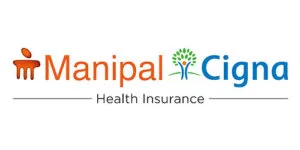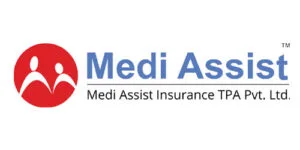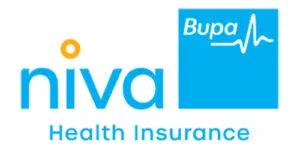Greater Noida is a busy city with many world-class medical services, includin...
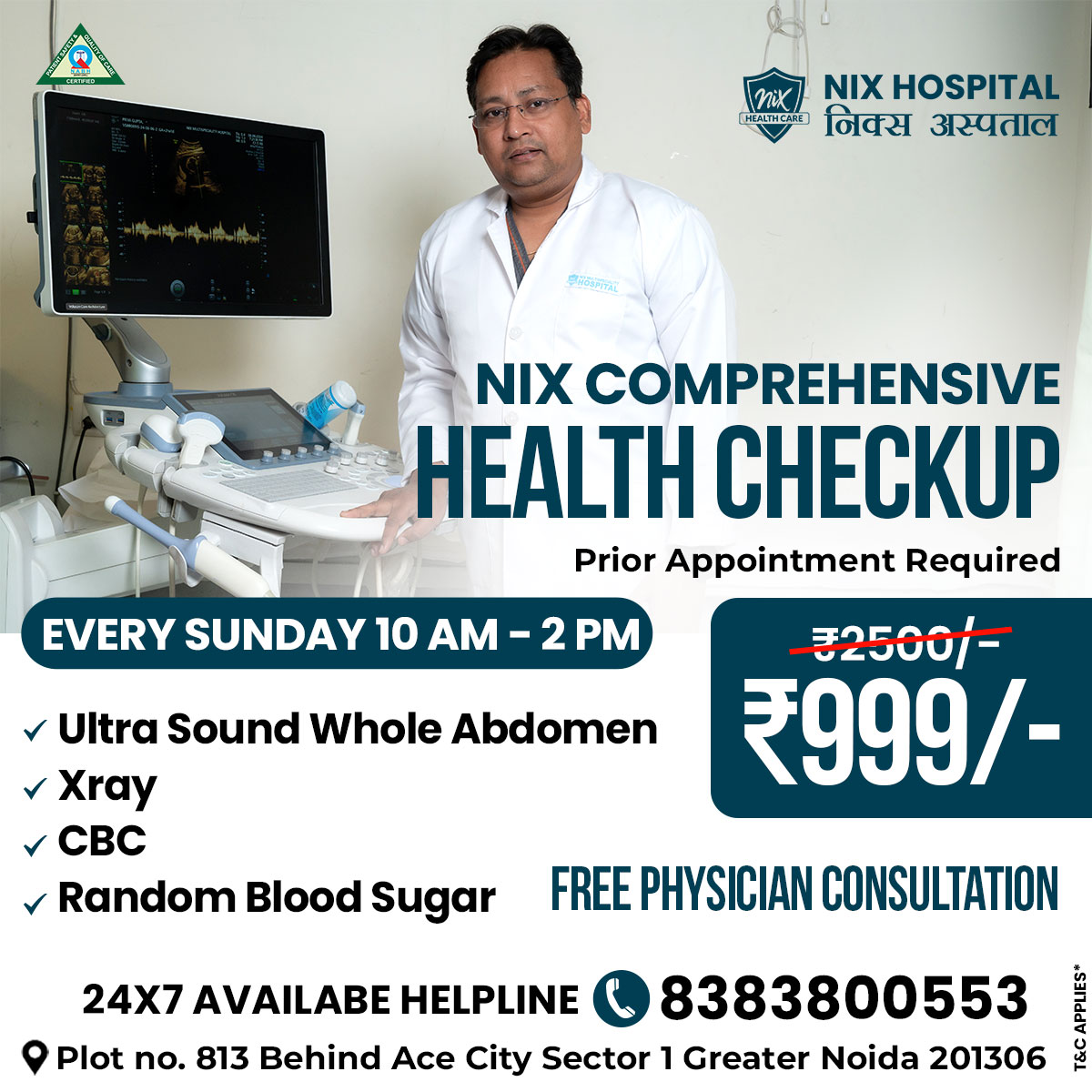
- Plot No. 813, Behind Ace City Sector 1, Greater Noida-201306
- 24x7 Available For Your Care
- +91 83838 00553
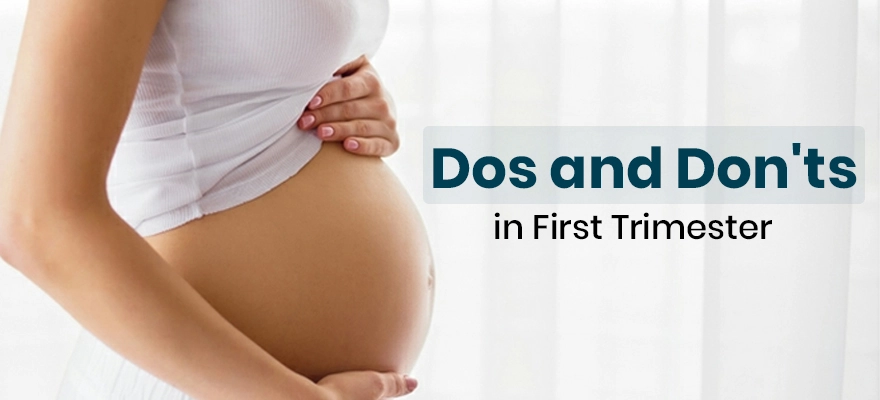
- Aug 07, 2025
- Dr. Amrita
Early Pregnancy Precautions: of Pregnancy 1st Trimester
The first trimester is a delicate and important phase of pregnancy. Knowing the do’s and don’ts of pregnancy 1st trimester helps ensure a safe journey for both mother and baby. From diet to daily habits, understanding early pregnancy precautions can support healthy development during these early weeks. Let's explore what to follow and what to avoid during this stage.
Precautions During First Month of Pregnancy
The first month sets the foundation for your baby’s growth. Follow these precautions during 1st month of pregnancy to stay safe:
-
Get enough rest and avoid stress.
-
Don’t take over-the-counter medicines without consulting a doctor.
-
Avoid smoking, alcohol, and caffeine.
-
Stay hydrated and eat small, healthy meals throughout the day.
These 1st month pregnancy precautions are essential for maintaining energy and supporting early fetal development.
Precautions in First Month of Pregnancy
The first trimester precautions focus on protecting the growing fetus from harmful influences. Key pregnancy precautions include:
-
Avoid lifting heavy objects.
-
Don’t expose yourself to X-rays or harsh chemicals.
-
Always wash fruits and vegetables before eating.
-
Limit exposure to sick people to avoid infections.
These simple steps during the first month of pregnancy can prevent early complications.
1st Trimester Pregnancy Care: What to Focus On
1st trimester pregnancy care is all about making healthy choices. Visit your gynecologist for regular checkups and blood tests. Track your symptoms and report anything unusual, like spotting or cramps. Include folic acid, iron, and calcium in your diet. Staying active with light walks also helps with circulation and mood.
Pregnancy Do’s and Don’ts: What to Do and Not to Do in Early Pregnancy
Understanding what to do and not to do in early pregnancy keeps you and your baby safe. Here’s a list of essential early pregnancy do’s and don’ts:
✅ What to Do:
-
Eat balanced meals with protein, fruits, and vegetables.
-
Take prenatal vitamins regularly.
-
Drink plenty of water.
-
Practice light exercises or prenatal yoga.
❌ What Not to Do:
-
Don’t smoke, drink alcohol, or use drugs.
-
Avoid raw or undercooked food.
-
Don’t self-medicate.
-
Don’t skip meals or prenatal appointments.
Knowing these things to take care in first trimester helps manage pregnancy smoothly.
Things to Take Care in First Trimester
There are several things to take care of in first trimester for a healthy start:
-
Avoid stress and get 8 hours of sleep daily.
-
Don’t ignore morning sickness or fatigue.
-
Maintain hygiene to prevent infections.
-
Wear comfortable clothes and avoid heels.
If you're unsure what not to do in first trimester, always consult your doctor.
✅ Early Pregnancy Dos and Don’ts (1st Trimester Care)
|
Category |
Dos |
Don’ts |
|
Vitamins & Nutrition |
Take prenatal vitamins rich in folic acid, calcium, iron, and vitamin D. |
Avoid eating too much; focus on quality over quantity. |
|
Physical Activity |
Do light exercises like walking and deep breathing for 30 mins daily. |
Avoid sauna, hot tubs, or intensive physical routines. |
|
Healthy Diet |
Eat a balanced diet with foods rich in nutrients and antioxidants (e.g., spinach, carrots). |
Avoid junk food and processed items. |
|
Hydration |
Drink plenty of fluids to stay hydrated and prevent constipation or morning sickness. |
Avoid too much caffeine (limit to 1 cup of coffee per day). |
|
Sleep & Rest |
Get 7–8 hours of sleep daily; maintain a fixed sleep routine. |
Don’t overwork or ignore fatigue—rest is essential. |
|
Mental Health |
Stay calm and practice relaxation techniques to reduce stress. |
Avoid stress and anxiety, as they can affect your baby’s oxygen supply. |
|
Harmful Substances |
— |
Avoid smoking and passive smoke exposure. |
|
Strictly avoid alcohol to prevent Foetal Alcohol Syndrome. |
||
|
Household Safety |
— |
Don’t clean the litter box to avoid exposure to harmful parasites and germs. |
First Time Pregnancy Tips
If this is your first pregnancy, things may feel overwhelming. These first time pregnancy tips help ease the process:
-
Educate yourself about each stage of pregnancy.
-
Surround yourself with positive support.
-
Keep a diary of symptoms and questions for your doctor.
-
Don’t compare your pregnancy with others.
Simple early pregnancy care tips go a long way in boosting confidence.
First Trimester Dos and Don’ts for a Healthy Start
The first trimester pregnancy dos and don’ts include both lifestyle and medical choices. Stay physically active but avoid exertion. Listen to your body. If you feel tired, rest. Eat every few hours to avoid nausea. These are small but powerful things to do in first trimester that impact the entire pregnancy.
Precautions to Take in Early Pregnancy: Summary
Here’s a quick summary of precautions to take in early pregnancy:
-
Eat nutritious food and avoid junk.
-
Keep yourself clean and safe from infections.
-
Stay emotionally calm and mentally prepared.
-
Visit the doctor regularly.
Taking these precautions during early pregnancy gives your baby the best start in life.
Final Thoughts
Understanding the do's and don ts of pregnancy 1st trimester helps expectant mothers make safe, healthy choices. By following the right first trimester precautions, taking care of diet, rest, and regular checkups, you give your baby a healthy start. Always listen to your body and consult your doctor if you feel unsure. The right care in the first three months builds the foundation for a safe pregnancy journey.
Frequently Asked Questions (FAQ)
1. How to take care during pregnancy of first month?
In the first month of pregnancy, eat healthy, avoid harmful substances, get enough rest, and stay stress-free. Consult your doctor before taking any medication.
2. What to avoid in early pregnancy?
Avoid alcohol, smoking, raw seafood, stress, and lifting heavy weights during early pregnancy. These are major pregnancy don’ts in the first trimester.
3. What are the symptoms of healthy pregnancy in first trimester?
Mild nausea, fatigue, breast tenderness, and missed periods are common signs of a healthy pregnancy in the first trimester.
4. Can I travel during the first trimester?
Short and comfortable travel is usually safe, but always consult your doctor first, especially during the first three months of pregnancy.
5. What to eat in early pregnancy?
Include leafy greens, fruits, whole grains, dairy, and protein-rich foods. Folic acid and iron-rich meals support early pregnancy care.
6. How much rest is needed during early pregnancy?
Try to get at least 8 hours of sleep at night and short naps during the day. Rest is one of the top first trimester care tips.
7. What happens in the first month of pregnancy?
In the first month, the fertilized egg implants and begins forming organs. It’s a crucial phase, and precautions during the first month of pregnancy are vital.
8. Is morning sickness normal in early pregnancy?
Yes, morning sickness is common in the first trimester of pregnancy. Eating small meals and staying hydrated helps reduce nausea.
Related News
Exploring the Effects of Fibroids on Female Health
Fibroids, or uterine leiomyomas, are benign tumours in or on the uterus. Thei...
The Ultimate Guide to Finding the Best Gynecologist in Greater Noida: Top Doctors, Services, and Tips
Finding the best gynaecologist is a crucial step in ensuring your health and ...
How to Choose the Best Gynaecologist Hospital in Noida-Greater Noida
Choosing the best gynaecologist hospital in Noida- Greater Noida can be a cha...
Signs of Preterm Labor: When to Seek Medical Help
Preterm labour, which occurs before 37 weeks of pregnancy, can lead to early ...
When Is It Safe to Travel During Pregnancy? A Trimester-by-Trimester Guide
According to the best gynaecologist in Noida Extension, travelling during pre...
Key Nutrients You Need During the First Trimester: Advice for Soon-to-Be Moms around Greater Noida and Noida
Hey there congratulations on the baby! Starting this amazing ride, you must b...
Do's and Don'ts During Pregnancy
Pregnancy is a beautiful and transformative journey, but it comes with signif...
What Causes Skin Darkening During Pregnancy? Discover the Surprising Reasons
(Dr Priya Shikha Modi, MBBS, MS, OBS, Gynec, Consultant Gynaecologist & H...
Hormonal Imbalance In Women Signs Causes And Natural Remedies
Hormonal Imbalance in Women: Signs, Causes & Natural Remedies
Hormones...
Best Maternity Hospital in Greater Noida & Noida Extension: A Complete Guide for Expecting Mothers
Which Hospital Is Best for Maternity?
When it comes ...
PCOD vs PCOS: Full Guide to Symptoms, Differences, and Treatment
What is the difference between PCOD and PCOS?
PCOD (...
Commonly Gynecological Disorder Conditions: Symptoms and Treatment
Commonly Gynecological Disorder Conditions: Symptoms and Treatment
Gy...
How to Choose the Best Pregnancy Hospital in Greater Noida
One of the most common searches for expecting couples is "What to consider wh...
Best Gynecologist Hospital in Greater Noida
Choosing the Best Gynecologist Hospital in Greater Noida is important for eve...
Best Hospital for Normal Delivery in Noida
Looking for the Best Hospital for Normal Delivery in Noida ? Choosing the rig...
Early Pregnancy Precautions: of Pregnancy 1st Trimester
The first trimester is a delicate and important phase of pregnancy. Knowing t...
Pregnancy with Ovarian Cysts: Safe Treatment Solutions in Greater Noida
Finding out you are pregnant brings joy, excitement, and sometimes a little w...
Premature (preterm) Birth: Symptoms, Causes, and Treatment Care Tips for Premature Babies
Premature birth is uncommon, as only a small number of babies are born too ea...
Exercise During Pregnancy: Benefits Safety and Guidelines
Exercising during pregnancy is safe for most w...
Early Pregnancy Care: Precautions & Signs of a Healthy First Trimester
The first few weeks of pregnancy are very special yet delicate. Taking the ri...
Gynecologist Near Me with Fees – Find the Right Women’s Health Expert
Searching for a gynecologist near me with fees is one of the most common quer...
High-Risk Pregnancy Care in Greater Noida
Pregnancy is a beautiful phase in every woman’s life, but sometimes it ...
Top Gynecological Problems Women Face & How to Manage Them
Gynecological health is very important for every woman. Many females experien...
Understanding Miscarriage: Symptoms, Causes & Treatment
A miscarriage can be an emotionally painful and confusing experience for any ...
Motherhood After 30: What You Should Know Before Planning a Baby
Having a baby after 30 is increasingly common—and for many women, it&rs...
Travel Tips During Pregnancy: A Safe and Comfortable Guide for Moms-to-Be
Pregnancy is a beautiful journey, and many women continue to travel for work,...
Welcome to Parenthood: Simple & Safe Newborn Care Tips You Can Trust
Welcoming a newborn into your life is a beautiful and emotional journey. Alon...
Do You Also Want a Normal Delivery?
If you are expecting a baby, one common question comes to mind: Do you also w...


25,000 Happy Patients

Modern & Cost-Effective Medical Facilities

19 Medical Specialties




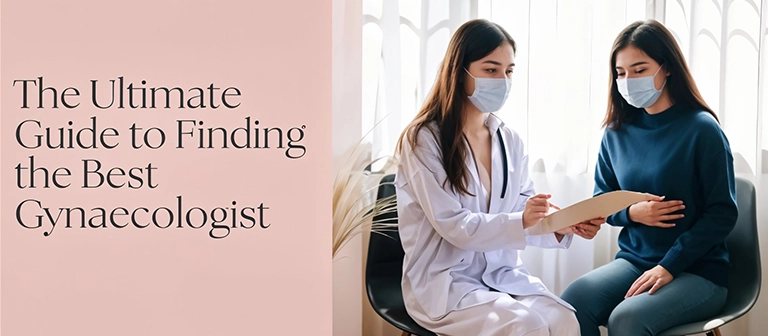
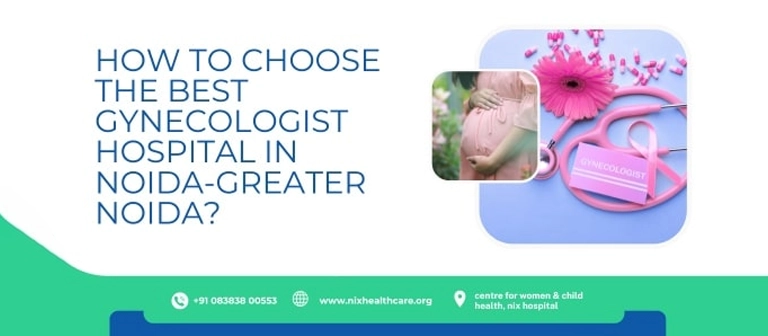
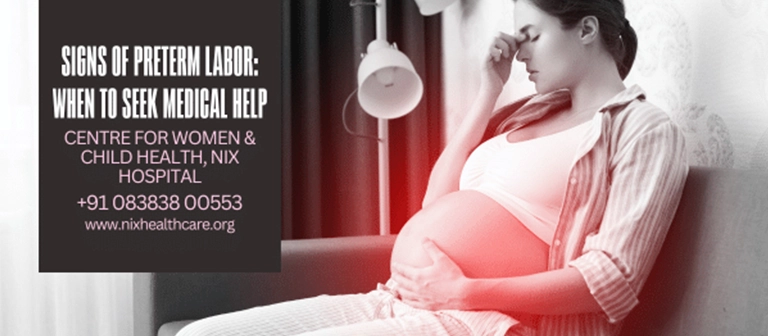
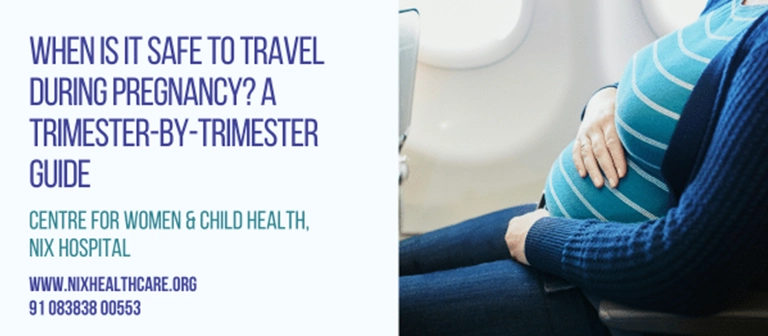
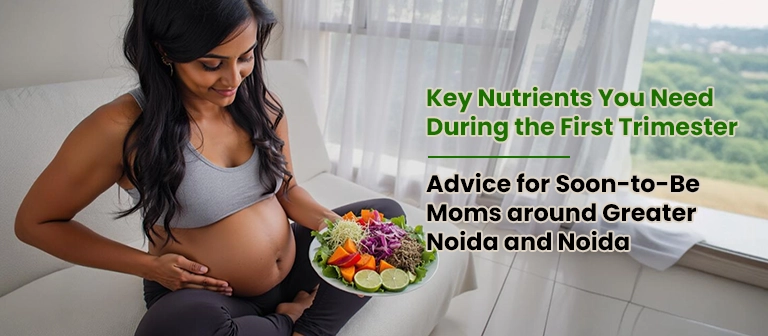
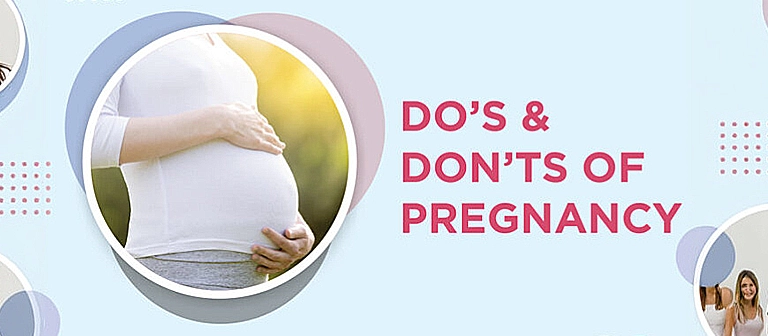


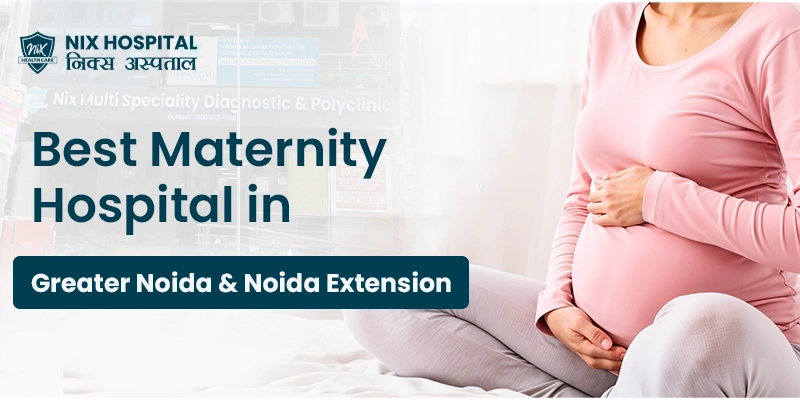
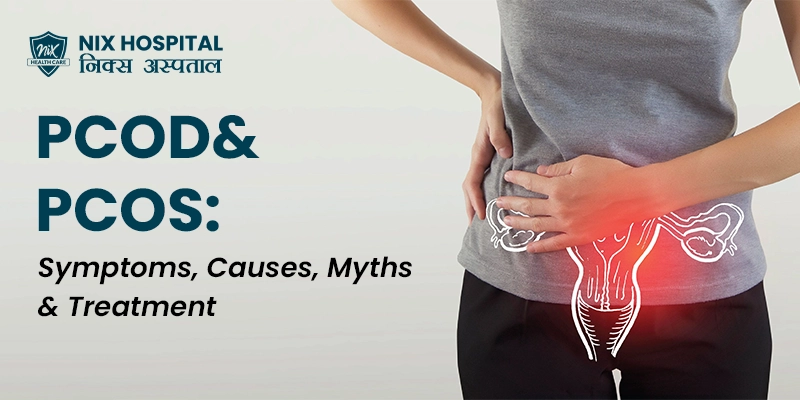
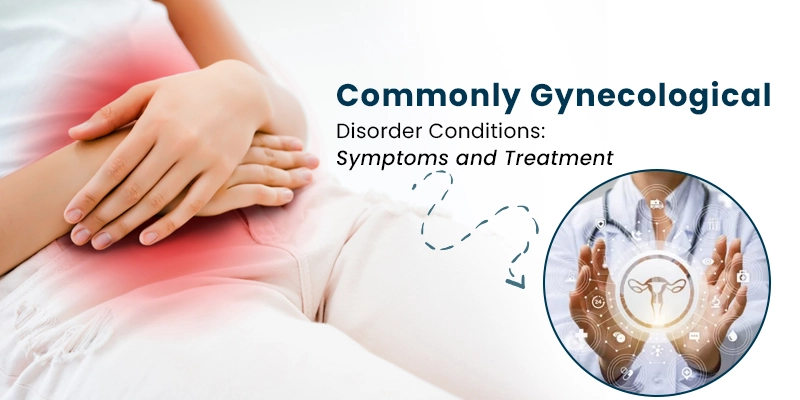
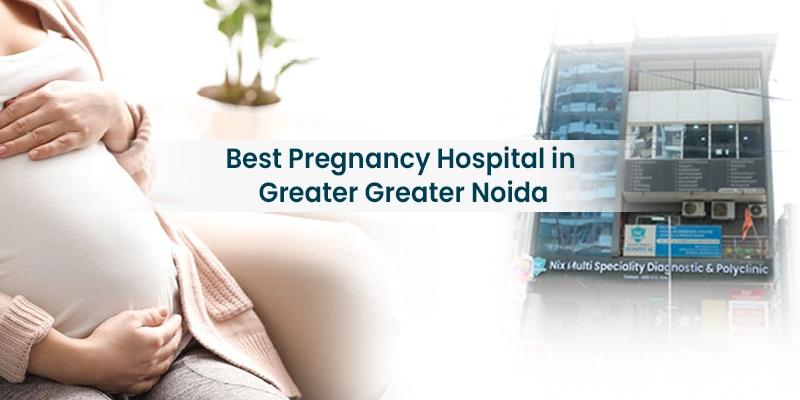

.webp)
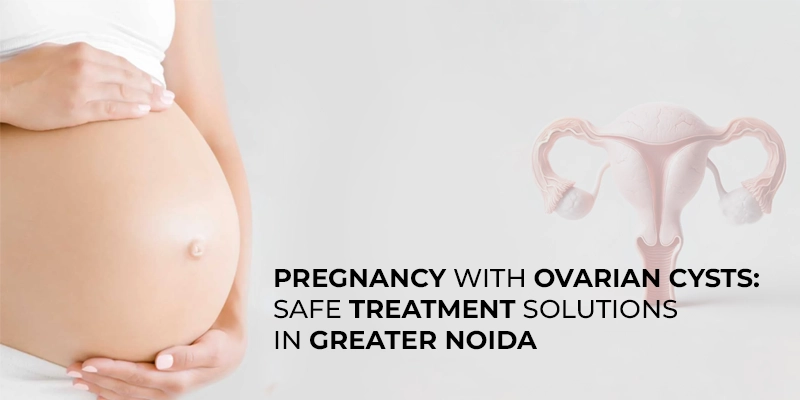
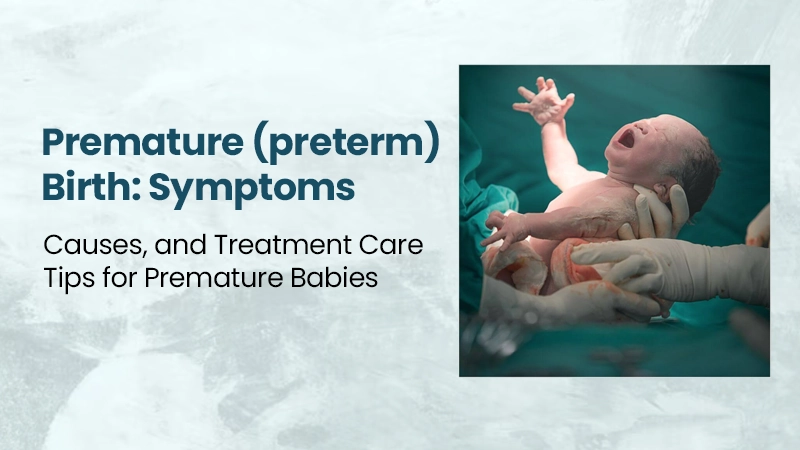
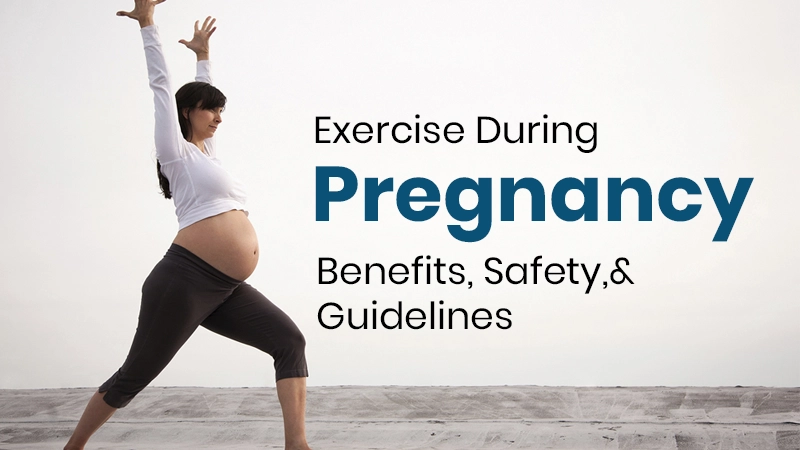
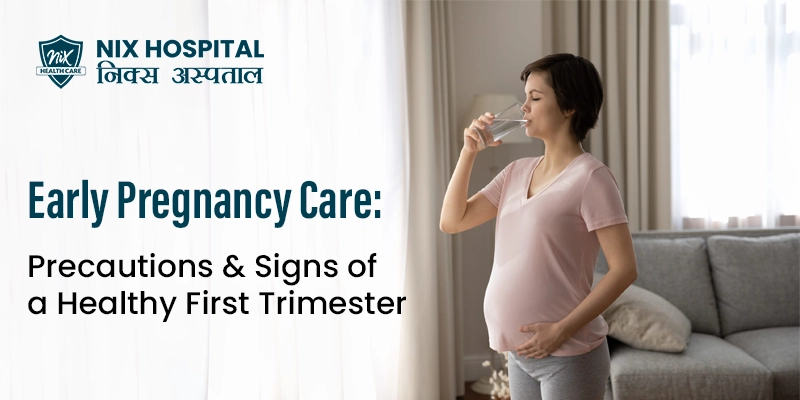
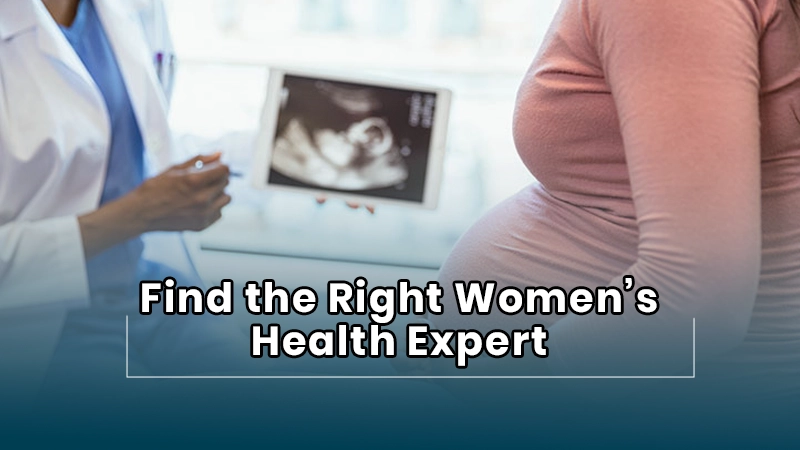
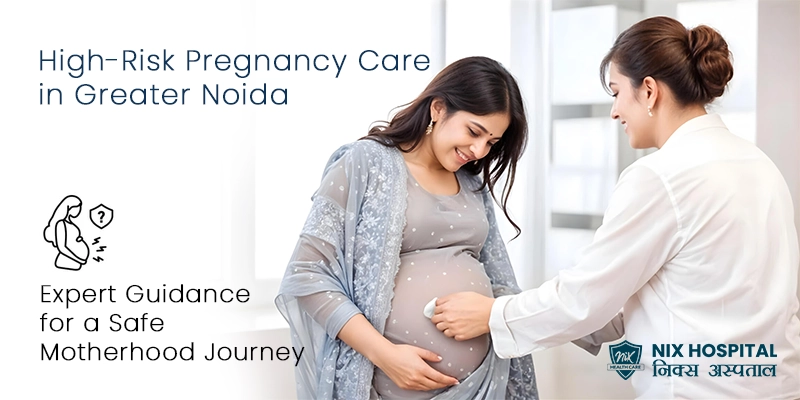
.webp)
